Specifications
| Qualification title: | BATHE Level 8 Diploma in Health and Social Practice |
| Qualification type: | Vocational Related Qualification (Higher Education) |
| Level: | 8 |
| Accreditation status: | Accredited |
| Credit Equivalency: | 160 |
| Progression routes: | Research proposal to potentially continue to DBA or equivalent at UK University |
| Availability: | UK and international |
| Modes of Delivery: | Full Time/ Part Time |
| Study Mode: | On Campus/ Distance learning/ Blended learning |
Summary
This programme is designed to extend and deepen an individual’s professional practice and apply an advanced body of knowledge in a range of fields of health and social practice which include, but is not limited to physiotherapy, occupational therapy, nursing, midwifery, social work, counselling and human services. It will offer learning opportunities designed to inform your practice and develop valued knowledge in Treaty-based practice. You will learn and grow professionally while undertaking interactive and experiential-based education.
This postgraduate diploma will extend students’ existing qualifications and will allow higher-level professional development that is interprofessional. Students will gain the skills to develop, analyse and generate solutions to complex and sometimes unpredictable problems. This qualification is relevant to practitioners from a wide range of practice contexts, and the resulting interprofessional interaction of health and social services practitioners will enhance and strengthen service delivery in the region.
An interprofessional context will enable graduates to extend their capacity for critical and professional/clinical reasoning for specialist practice, leadership, and management in complex professional environments.
Candidates may take up to three years to complete the postgraduate diploma. This programme is delivered by a combination of block courses and online.
This programme will not lead to New Zealand health or social service professional registration.
The Post Graduate Diploma in Health and Social Practice Mental Health and Addiction endorsement is a DAPAANZ Accreditation Programme and will meet the educational requirements for DAPAANZ registration.
Units
- Professional Practice in Context
- Professional Supervision 1
- Professional Supervision 2
- Midwifery Praxis I
- Midwifery Praxis II
- Leadership and Management in Professional Practice I
- Leadership and Management in Professional Practice II
- Coaching, Mentoring and Clinical Supervision
- Facilitating Learning in Professional Practice
- Advanced Practice Skills in Mental Health and Addiction
- Applied Theoretical Approaches for Mental Health and Addiction
- Comprehensive Assessment and Treatment Planning for Mental Health and Addiction
Career/further opportunities
The aim of this programme is to provide you with greater capacity to work in specialised practitioner, practice leader, manager, educator, or researcher roles either in a student’s current field or within specialised fields of practice which include: working with children and youth, the elderly, people with disabilities, refugees and migrants and in the area of mental health. Graduates can become skilled in a new field, or further advance their current specialisation.
Entry criteria
a) Candidates are required to have gained:
i. an undergraduate degree assessed as relevant by the Programme Manager, or
ii. a qualification approved as equivalent by the Programme Manager.
b) Candidates who have not gained a relevant undergraduate degree or equivalent qualification may submit a portfolio and, if the application is successful, may be admitted on an ad eundum statem basis.
c) Candidates for the Postgraduate Diploma in Health and Social Practice, (Professional Supervision), and the Postgraduate Certificates in Professional Supervision are required to have a minimum of two years post qualifying experience in their professional field of practice or the equivalent. This is in recognition of the requirement to have consolidated and developed their own practice to a level sufficient to embark in the role of supervisor of others.
d) Candidates for the Postgraduate Diploma in Health and Social Practice (Midwifery) and the Postgraduate Certificate in Midwifery are required to:
i. be registered with the Midwifery Council of New Zealand; and
ii. hold a current Annual Practising Certificate; and
iii. have a minimum of one-year post-qualifying experience in midwifery practice (or the equivalent as approved by the selection committee).
iv. and be in practice for an average minimum of 16 hours per week over a year.
Selection criteria
a) In order to comply with the provisions of the Vulnerable Children’s Act, 2014 and Child Protection Policies for all ‘specified organisations’ providing a ‘regulated service’, all candidates/students may be subjected to safety checks. These may include but are not limited to;
i. A Formal Interview
ii. Referee Checks
iii. A Police Vet Check
iv. A Risk Assessment
Any unsatisfactory result arising from the full safety checking process may result in the candidate/student being precluded/declined entry or withdrawn from the programme of study.
Furthermore, students must declare any pending or new convictions arising during any stage throughout the entire enrolment period. A conviction or failure to declare a conviction may also result in the student being immediately withdrawn from the programme. Persons who are convicted of ‘specified offences’ will not be accepted onto any programme that requires that Person to work in an organisation providing a regulated service.
b) All candidates are required to supply the names and contact details of two professional referees.
c) All candidates are required to complete a professional disclosure form.
d) Candidates may be required to attend an individual interview.
English language requirements
Candidates whose first language is neither English nor Māori are required to have score of 7 or better in all bands of the academic International English Language Test Score (IELTS), or equivalent and will be required to demonstrate the likelihood of being able to successfully achieve programme learning outcomes.
